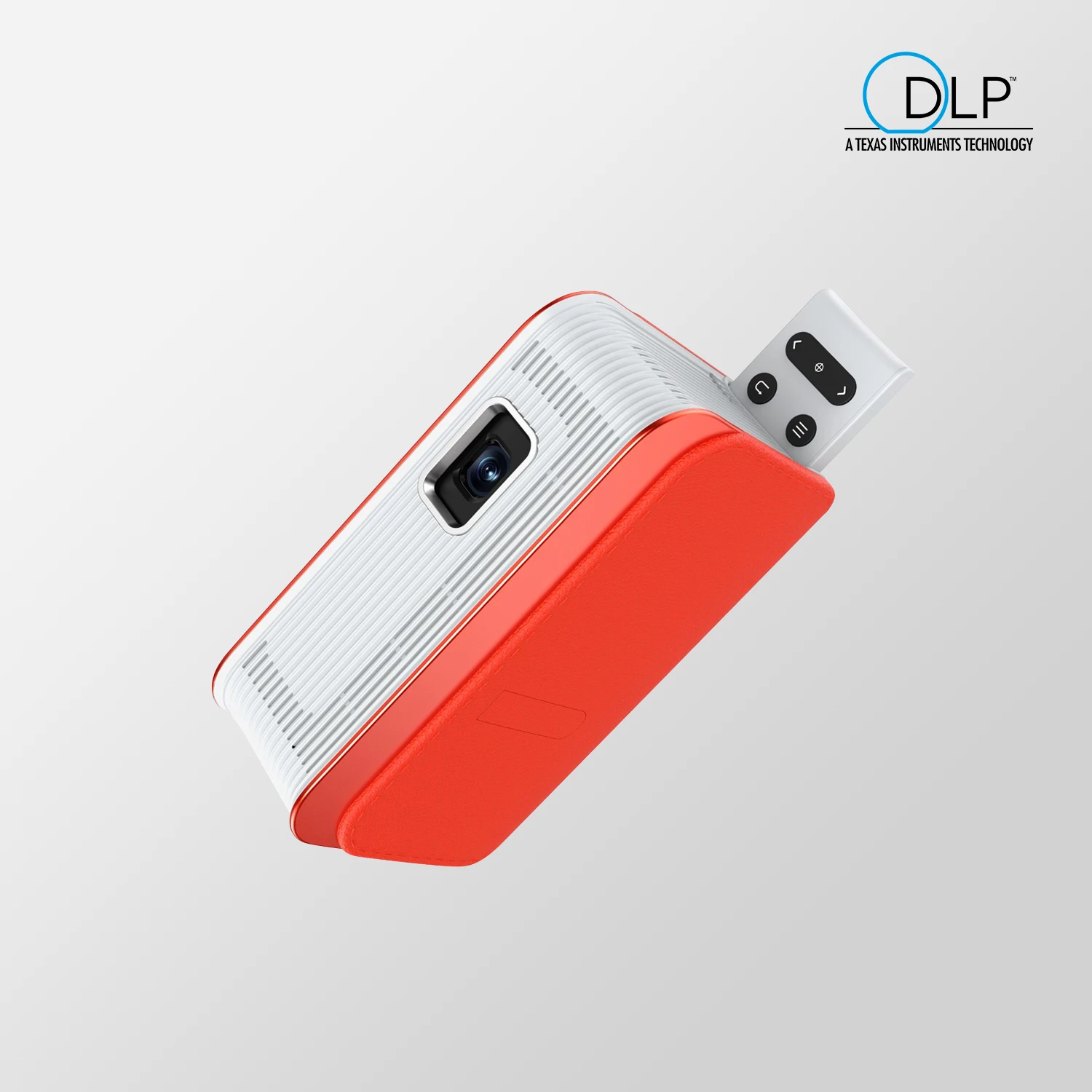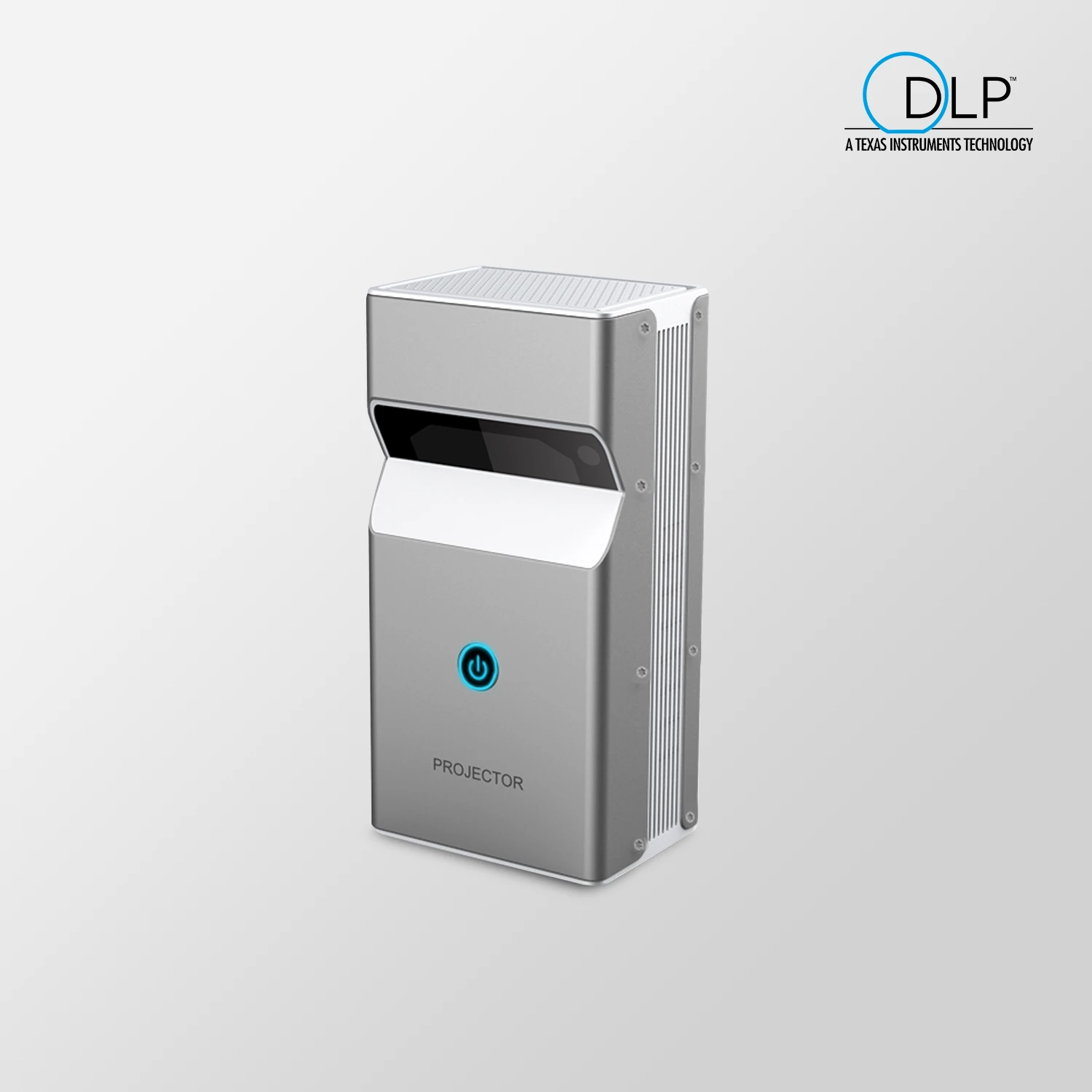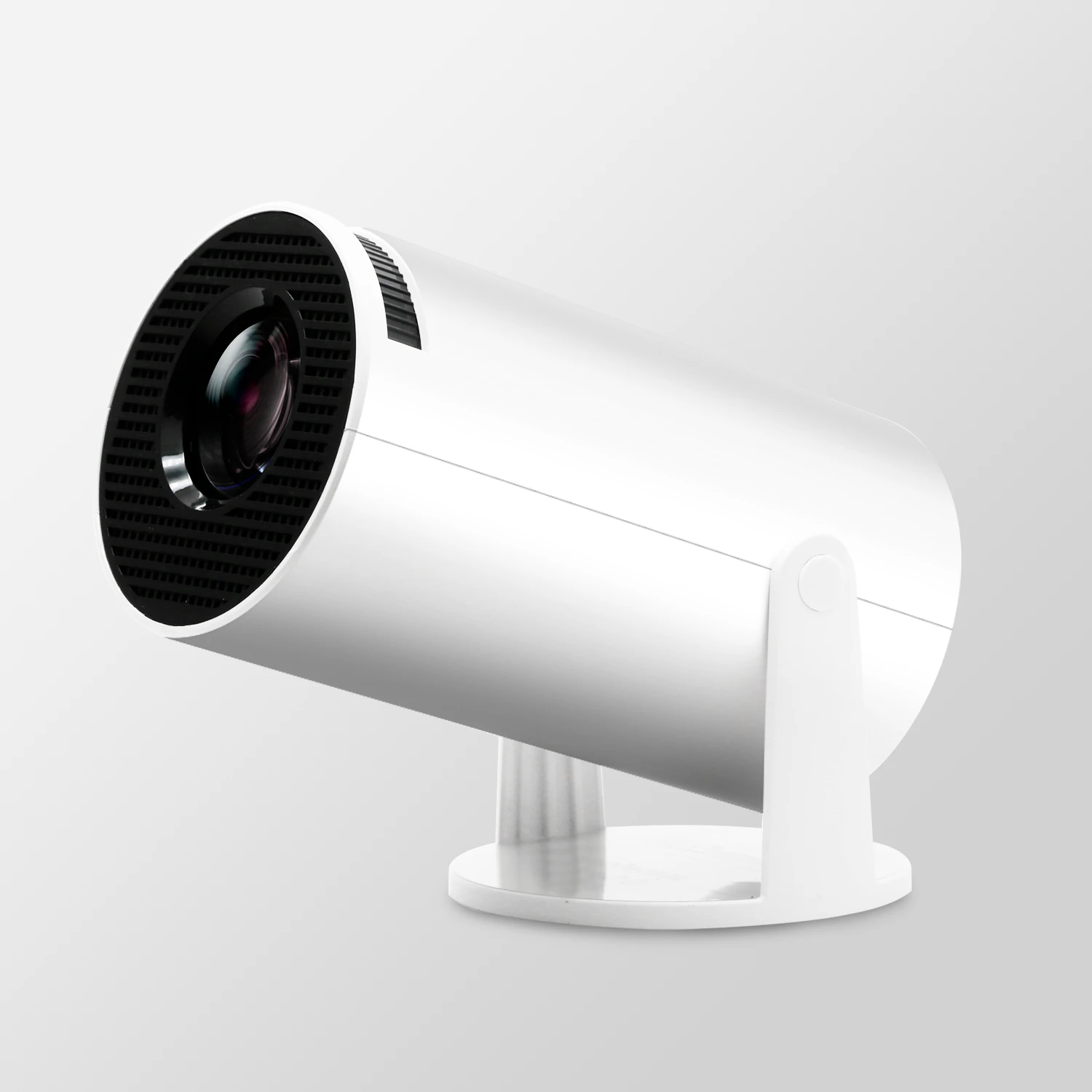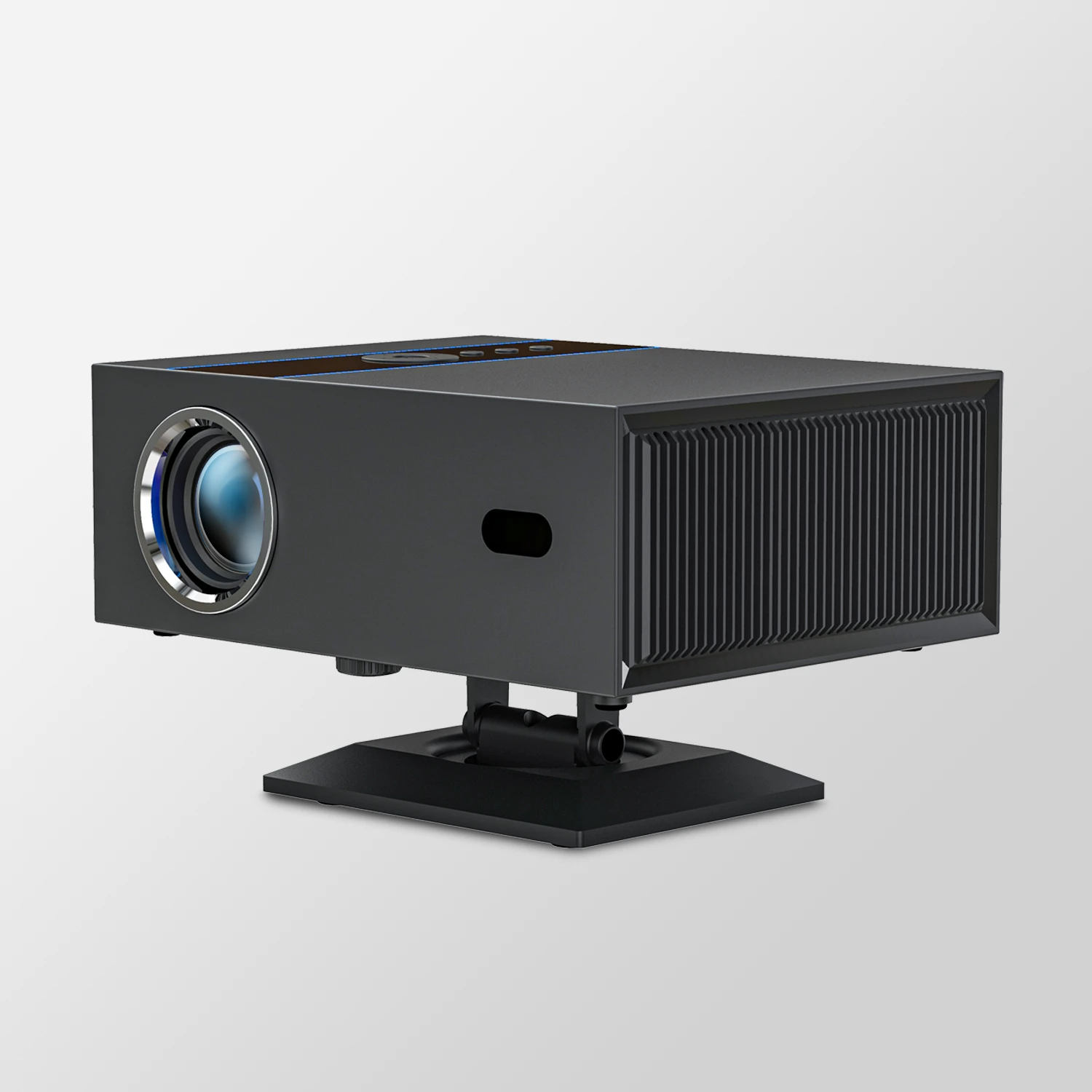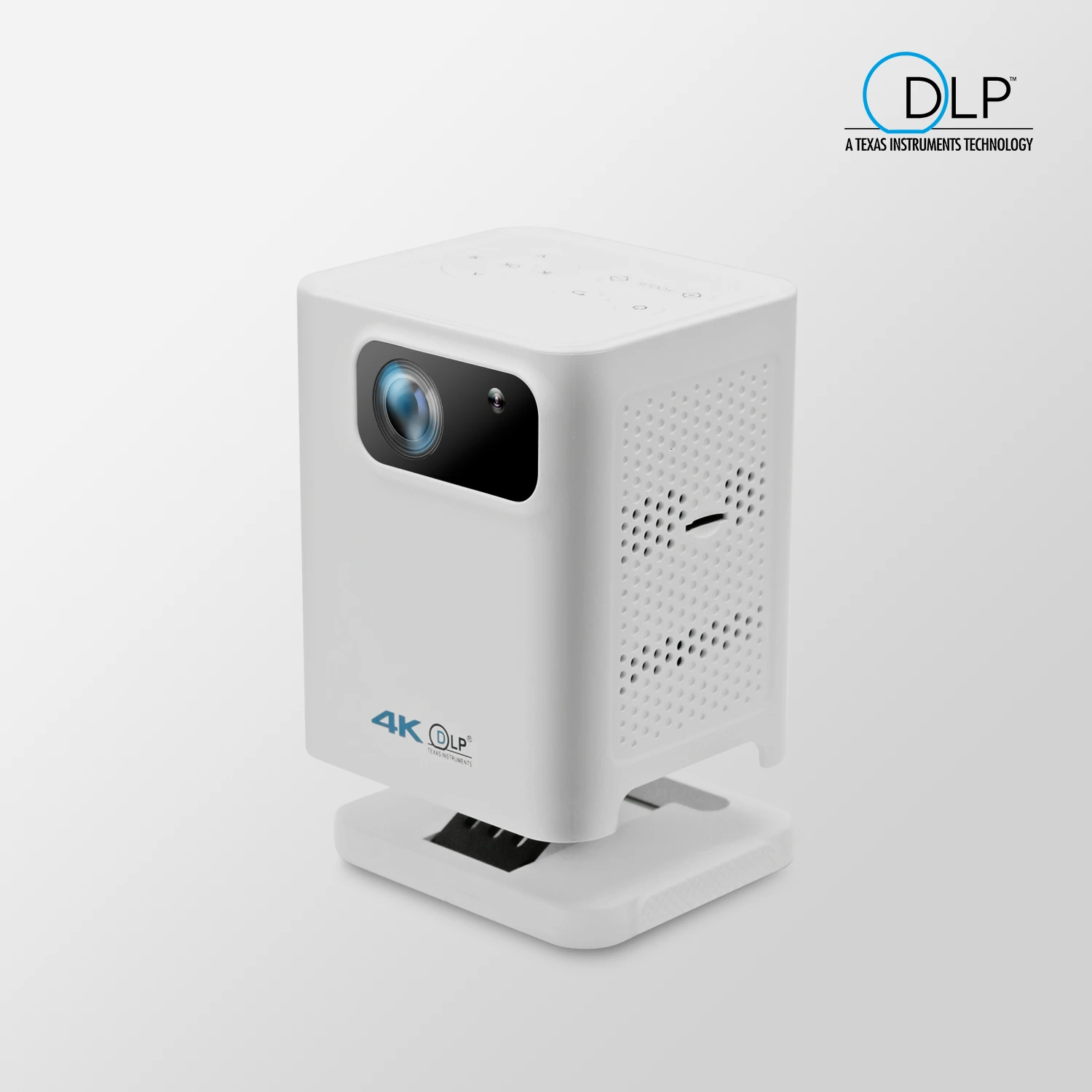In the digital era, projectors have become essential for home theaters, business presentations, and educational settings. With countless options available, selecting the right model can be overwhelming. This guide breaks down the critical specs to help you avoid pitfalls and find the ideal projector for your needs.
1. Resolution: The Foundation of Image Clarity
Resolution determines the sharpness and detail of your projected image. Higher values mean crisper visuals. Common standards include:
- 800×480 (SD): Basic for casual use.
- 1280×720 (HD): Ideal for small rooms or budget setups.
- 1920×1080 (Full HD): The sweet spot for movies and office presentations.
- 4K (3840×2160): Cinema-grade detail, perfect for immersive viewing, currently only Epson projectors are capable to reach 4K native resolution.
- 8K (7680×4320): Cutting-edge tech for future-proof setups.
Pro Tip: Opt for 720p or 1080p for home use. Choose 4K if your budget allows.
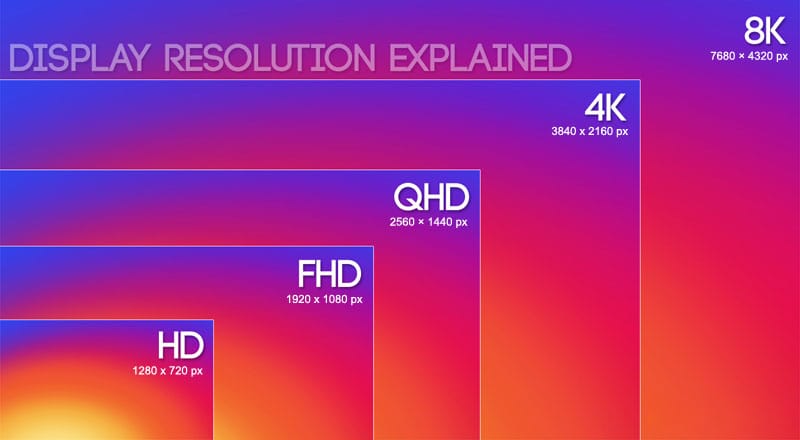
2. Brightness: Conquer Ambient Light
Brightness, measured in ANSI lumens, dictates how well the projector performs in lit environments.
- 200-500 ANSI lumens: Best for dark rooms with a projection screen size of less than 100-inch display
- 500-700 ANSI lumens: Best for home theaters with a projection screen size within 120-150 inches
- 700-1000 ANSI lumens: Suitable for offices, classrooms, or daytime use.
- 1000+ ANSI lumens: Built for large venues or parking lot.
Avoid Traps: Some brands advertise “light source brightness” instead of ANSI lumens—always verify ANSI ratings!
3. Contrast Ratio: Master of Shadows and Depth
Contrast ratio measures the difference between the brightest whites and darkest blacks. Higher ratios deliver richer colors and deeper blacks.
- 1000:1: Entry-level, flat visuals.
- 3000:1+: Recommended for movies and gaming.
Bonus: Look for HDR support to dynamically enhance contrast.
4. Throw Ratio & Screen Size: Space Optimization
Throw ratio = Projection distance ÷ Screen width. This determines placement flexibility.
- Short Throw (Ratio <1): Projects 100” + screens from under 1 meter—ideal for small spaces.
- Standard (1-2): Versatile for medium rooms.
- Long Throw (>2): Requires large distances, perfect for auditoriums.
Quick Formula: Screen width = Projection distance ÷ Throw ratio. Example: A 1.2:1 throw ratio at 3 meters delivers a 2.5-meter-wide screen (~120 inches).
Projector screen size guide
| Throw Ratio | Screen Size | Throw Distance |
|---|---|---|
| 0.23:1 | 60″ | 0.31m |
| 80″ | 0.41m | |
| 100″ | 0.51m | |
| 150″ | 0.77m | |
| 1.2:1 | 60″ | 1.59m |
| 80″ | 2.13m | |
| 100″ | 2.66m | |
| 150″ | 3.99m | |
| 1.5:1 | 60″ | 2m |
| 80″ | 2.7m | |
| 100″ | 3.33m | |
| 150″ | 5m |
5. Connectivity & Smart Features: Stay Future-Ready
- Essential Ports: HDMI 2.1 (supports 4K/120Hz), USB-C, Wi-Fi 6.
- Smart OS: Built-in Android TV or wireless casting (e.g., Netflix, YouTube).
Pro Tip: Business users should prioritize LAN ports for stable connections.
6. Lamp Life: Hidden Cost of Ownership
- Traditional Lamps: 3,000-5,000 hours; frequent replacements needed.
- LED Lights: 20,000+ hours; durable and color-stable.
- Laser Light Source: 30,000+ hours; premium choice for longevity.
Cost-Saving Hack: A laser projector used 4 hours daily lasts over 20 years!
7. Portability & Brands: Mobility Matters
- Weight: 2-4 lbs (1-2 kg) for travel; 7+ lbs (3+ kg) for fixed setups.
Budget Breakdown: Match Needs to Price
- Home Entertainment: US$ 39 – US$ 69 (720P LCD Projector), US$ 79 – US $129(1080P Projector)
- Business Use: US $455 (high brightness + short throw projector)
- Outdoor Portable Projector: US$ 199 – US$ 405 (DLP projector high brightness with battery built-in)
Final Takeaway
Choosing a projector isn’t about specs alone—it’s about aligning features with your environment and needs. Prioritize resolution, brightness, and contrast, then factor in space and budget. With these tips, you’ll unlock a world of stunning visuals!

